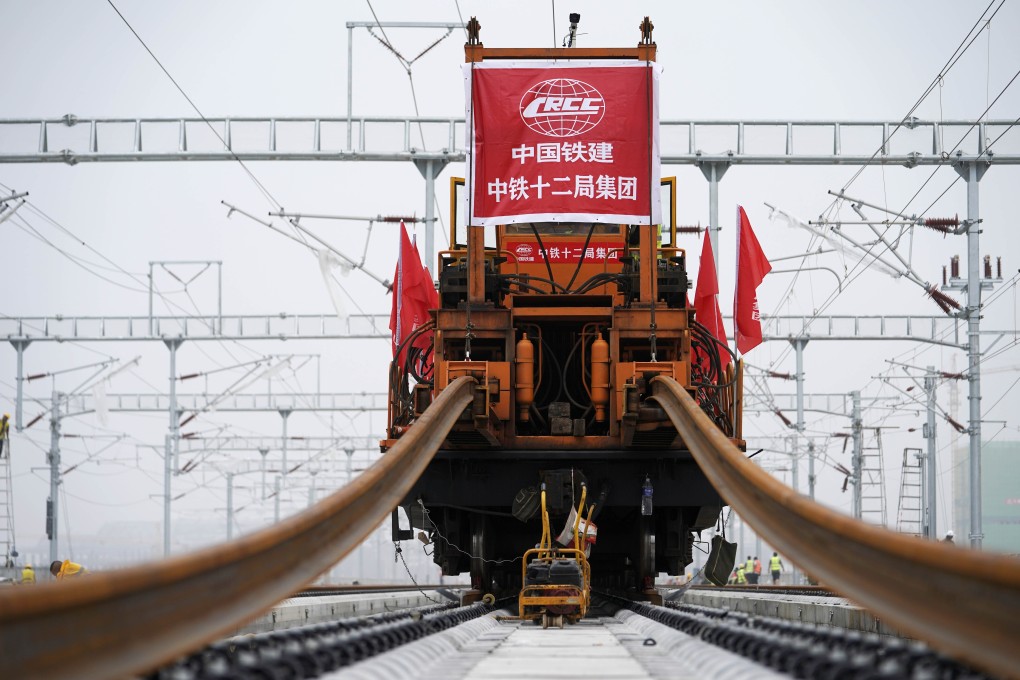Advertisement
Invest in infrastructure to create connectivity, rather than pouring good money after bad, to save the global economy
- The hoped-for spending spree from cash handouts has not materialised but a major boost in infrastructure spending could pay dividends after stimulus runs out
- The China way, with institutions such as the Asian Infrastructure Investment Bank providing a lead, could be a model
3-MIN READ3-MIN

If the global economy is to avoid a post-pandemic implosion, a New Deal will be required, one that combines elements of former US president Franklin D. Roosevelt’s New Deal and Keynesian stimulus with a fresh approach to public and private cooperation on capital investment.
As in other areas where China’s capacity for innovation has often been underestimated, the country’s penchant for embarking on bold capital investment projects could provide a model now, with institutions such as the Asian Infrastructure Investment Bank (AIIB) helping to provide a lead.
Trillions of dollars of fiscal and monetary stimulus are being pumped into the global economy in what is almost certainly a vain bid to maintain consumer demand, when much of that money could be going instead into infrastructure investment capable of generating new economic activity.
Advertisement
The money is available to finance a new approach but there are two main reasons it is not happening. One is an outdated but widespread belief that infrastructure spending simply creates “white elephants”, and the other is an equally invalid approach to private investment in infrastructure.
Such things are understandably not among policymakers’ top priorities with the Covid-19 pandemic rampant in many places and when the United States and China are in a cold war that threatens to become hot (and with election issues also competing for attention).

07:54
Six months after WHO declared Covid-19 a public health emergency, what more do we know now?
Six months after WHO declared Covid-19 a public health emergency, what more do we know now?
It is easy to fall into the trap, meanwhile, of thinking the worst is over for the global economy because so many individuals and businesses have been anaesthetised against the shock of the pandemic by cash handouts from the seemingly bottomless purses of governments. But such resources are not limitless, and need to be directed instead into public capital investment.
Advertisement
Select Voice
Select Speed
1.00x
